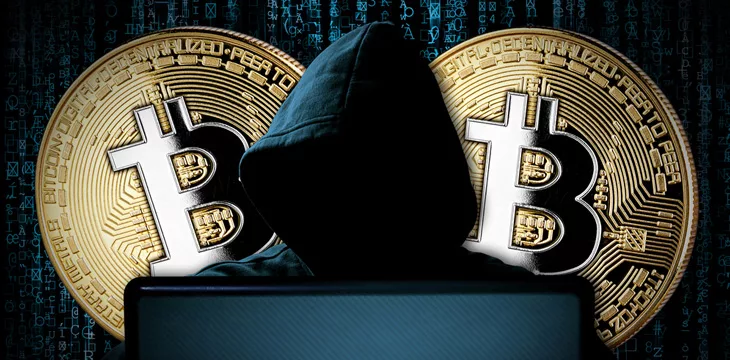|
Getting your Trinity Audio player ready...
|
The U.S. Federal Bureau of Investigation (FBI) seized over $1.7 million in illicit digital asset proceeds in the three months from March to May 2023, a new official public filing shows.
Globally, law enforcement agencies have stepped up their game and are now rooting out criminals who have relied on digital assets to commit crimes or launder their illicit proceeds. The Department of Justice (DOJ) holds the record with its $3.6 billion seizure of the proceeds of the 2016 Bitfinex hack.
In the August 17 filing, the FBI revealed that it’s also been cracking down on ‘crypto’ crime in its own way. In the three months to May, the bureau recovered $800,000 in Ether, $469,000 in the Dai stablecoin, $307,000 in Tether, $147,000 in BTC, and $20,000 in Monero.
Binance exchange accounted for over $400,000 of the seized funds. This includes $110,000 and $139,000 in USDT seized from Thi Han Tun and Debojyoti Dey Dijendra Dey, respectively.
Regulators, including the U.S. Securities and Exchange Commission (SEC) and the Commodity Futures Trading Commission (CFTC), have filed charges against Binance.
However, the exchange insists it’s strict with its Know Your Customer (KYC) and anti-money laundering (AML) programs and partners with authorities to curb digital asset crime.
“Binance actively collaborates with law enforcement agencies worldwide—this includes identifying funds connected to criminal activities to help thwart bad actors,” a spokesperson from the exchange told one media outlet.
“We take pride in being a responsible member of the cryptocurrency community and are committed to playing our role in combating crimes that victimize cryptocurrency users globally,” he added.
Of the FBI’s captures, a $469,000 DAI seizure and a $463,000 Ethereum seizure in the Eastern District of Virginia were its largest.
The bureau’s exploits are the latest reminder that digital assets are no longer a crime haven. With advanced blockchain analytics tools making it easier to trace the criminals and the continued investment by authorities in crypto crime units, the blockchain is the last place a criminal wants to hide.
Additionally, seizing digital assets is now possible and easy with digital asset recovery. Contrary to popular belief, digital assets, once lost, can be recovered through a legal process. The BSV blockchain is the first to enable digital asset recovery, in line with its commitment to being legally compliant—but it certainly won’t be the last. This recovery goes beyond crime and can be used to recover tokens lost through the passing of a loved one or a custodian, the loss of private keys, and more.
Follow CoinGeek’s Crypto Crime Cartel series, which delves into the stream of groups—from BitMEX to Binance, Bitcoin.com, Blockstream, ShapeShift, Coinbase, Ripple,
Ethereum, FTX and Tether—who have co-opted the digital asset revolution and turned the industry into a minefield for naïve (and even experienced) players in the market.

 07-08-2025
07-08-2025 





